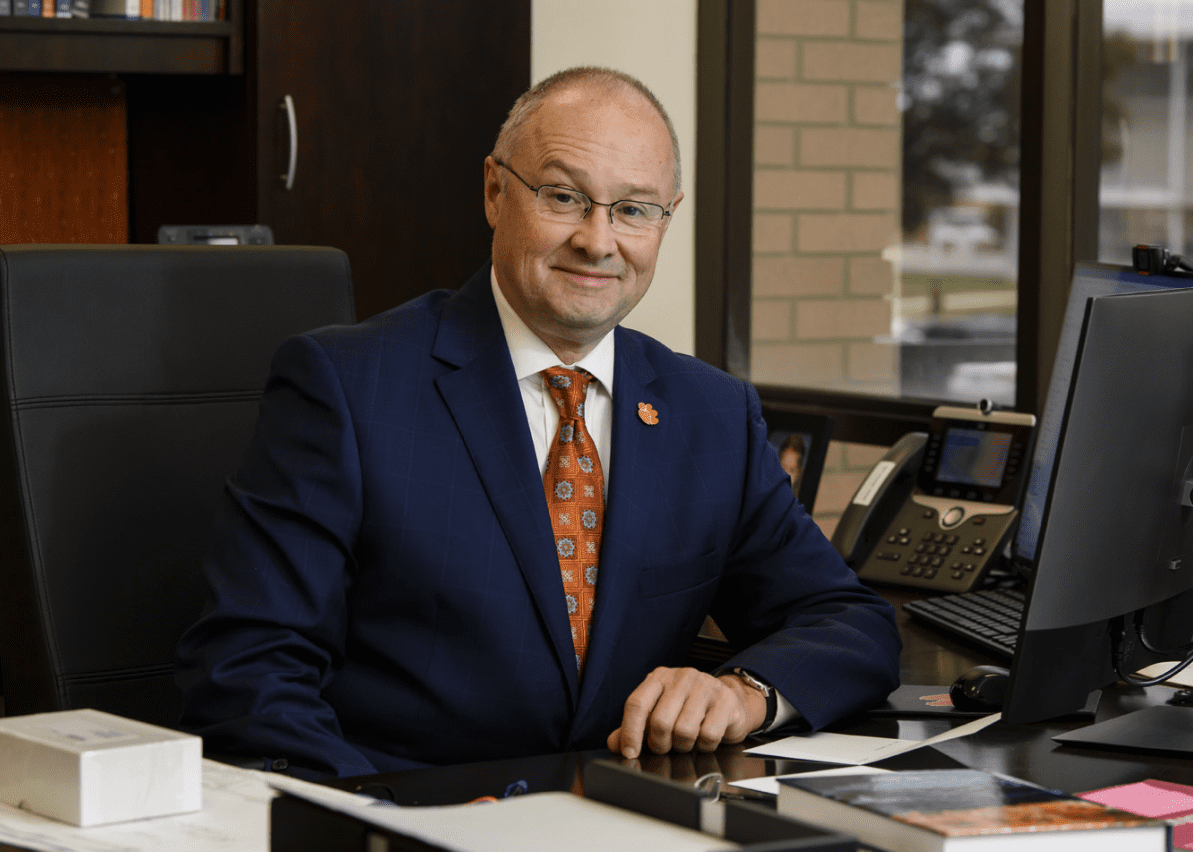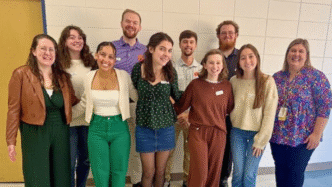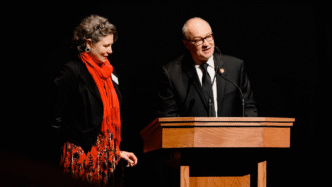Why Humanities at Clemson?
Dear Faculty, Staff, Alumni and Friends,
One year ago, Clemson University unveiled Clemson Elevate, a bold strategic plan with a stated goal of positioning Clemson for acceptance into the prestigious Association of American Universities (AAU). For our new College, the plan invites reflection on how we in the arts and humanities contribute to the strength of an institution historically known for its emphasis on technology and the applied sciences.
Thankfully, no less than the Massachusetts Institute of Technology (MIT) provides an instructive model.
Postwar Reflection
In 1949, the Committee on Educational Survey at MIT released the results of a self-study they had started following the end of World War II. There was a significant shift of resources and attention to the STEM fields, as we call them now, that the war had compelled.
The report makes for fascinating reading. While some of the language is dated, the issues and reflections on them seem as relevant today as they clearly were in the late 1940s.
While acknowledging the original reasons for MIT’s founding — the need for citizens to be “trained in science and technology” — the report astonishingly doubles down on the importance of the humanities and social sciences.
Humanities for the Future
In this first of a multi-part series of my monthly messages devoted to “why humanities,” which I will intermittently continue, I would like to quote some key passages from the MIT report. They seem so applicable to Clemson and the way I believe we should think about our own identity, values and academic priorities.
The following is the fundamental insight which drove MIT’s thinking back then:
In our increasingly complex society, science and technology can no longer be segregated from their human and social consequences. The most difficult and complicated problems confronting our generation are in the field of the humanities and social sciences; since they have resulted in large measure from the impact of science and technology upon society, they have an intimate relationship with the other aspects of the MIT program.
The report makes clear that the humanities should not just be considered a field for general education classes but that they need to be considered fully-fledged fields in their own right, and integral to MIT’s mission:
It is MIT’s duty to prepare its students for social responsibility and for a rich and complete life. But, important though these objectives may be…. (w)ithout an adequate cultural background, a technical specialist is no longer qualified for leadership in his own field.
The contribution of the humanities and social sciences to the education of our undergraduates has never been entirely satisfactory, and our weakness in this area places us at a serious disadvantage…. One reason for this situation is the lack of status for our staff in the humanities comparable in importance to that of staffs in other fields. In the past, the humanities have necessarily been service fields concerned primarily with instruction at the elementary level.
Now, however, there is a growing concern with human and social problems, an increased awareness of the interplay between science and technology on the one hand and the conduct of human affairs on the other…. We believe that these trends now make possible the development of the humanities and social sciences at advanced professional levels in the environment of a technological institution.
Even though MIT has “tech” in its name which, incidentally, Clemson does not, the report comes to the following demand:
We believe … that the time has come for full acceptance by the Institute of a broader educational mission; a mission that involves pioneering and leadership of a higher order not only in engineering but also in the three other fields, namely, the natural sciences, the humanities and social sciences…
Then, they proclaim: “The field of humanities and social sciences must be given a status equivalent to that of the other fields.”
Our College is proud and hopeful to continue the rich legacy of educating future scientists, engineers, and yes, humanists, to innovate with an eye toward elevating the human experience.
Go Tigers!
Nicholas Vazsonyi, Dean
College of Arts and Humanities







